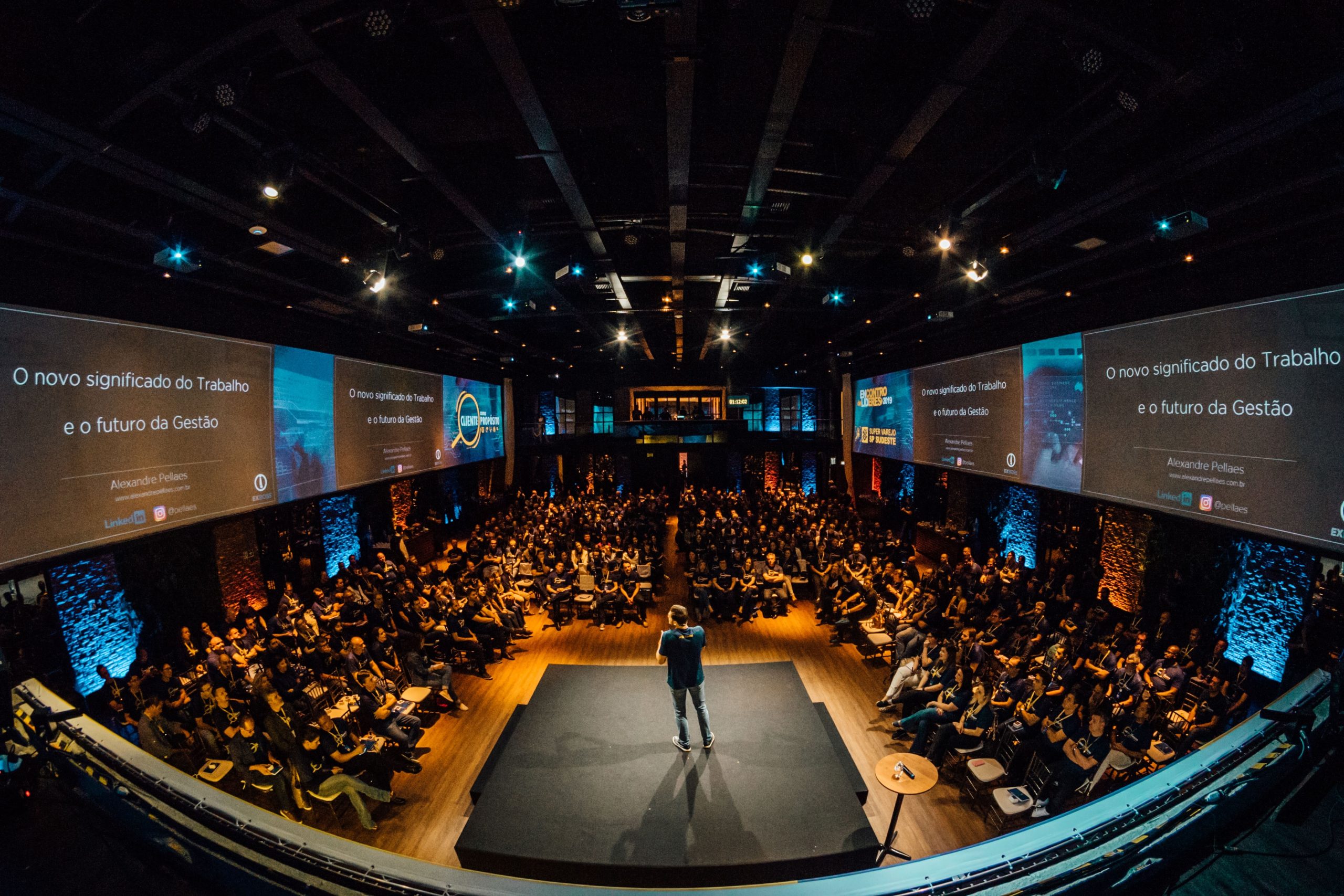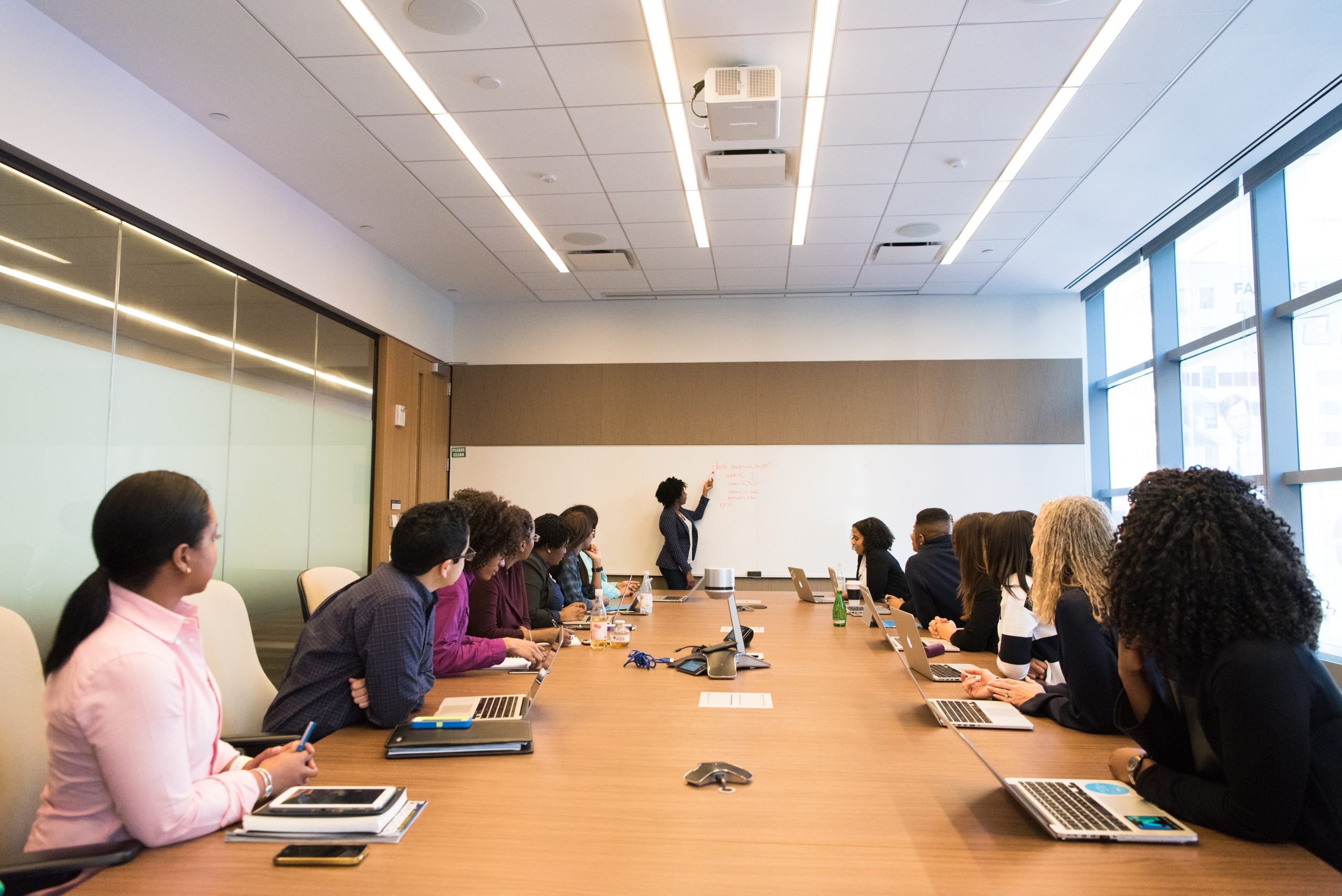Conferences



As part of our goal to offer resources and cultivate communities around responsible innovation, we use this page to promote multi-disciplinary academic conferences that bring together researchers and professionals engaged in conversations surrounding ethics in tech. Each of the conferences listed below invite and encourage these conversations, but we encourage you to read the individual descriptions (sourced from their websites) to learn about what makes each of these events unique.
AIES – AI Ethics and Society
AIES is convened each year by program co-chairs from Computer Science, Law and Policy, the Social Sciences, Ethics and Philosophy. Our goal is to encourage talented scholars in these and related fields to submit their best work related to morality, law, policy, psychology, the other social sciences, and AI. Papers should be tailored for a multi-disciplinary audience without sacrificing excellence. In addition to the community of scholars who have participated in these discussions from the outset, we want to explicitly welcome disciplinary experts who are newer to this topic, and see ways to break new ground in their own fields by thinking about AI.
Read more at: https://www.aies-conference.com/2022/call-for-papers/
CEEA – Canadian Engineering Education Association
The Canadian Engineering Education Association (CEEA) – Association Canadienne de l’éducation en génie (ACÉG) is a membership driven organization; created by those interested in engineering and design education and working toward a common national goal to highlight and direct engineering education. Members consist primarily of engineering educators, students, educational institutions and companies/organizations having an active interest in supporting the objectives of the CEEA-ACÉG.
Read more at: https://ceea.ca/about-us/
CHI Human Factors in Computing
The ACM CHI Conference on Human Factors in Computing Systems is the premier international conference of Human-Computer Interaction (HCI). CHI – pronounced ‘kai’ – annually brings together researchers and practitioners from all over the world and from diverse cultures, backgrounds, and positions, who have as an overarching goal to make the world a better place with interactive digital technologies.
Read more at: https://dl.acm.org/conference/chi
FAccT – Fairness, Accountability, and Transparency
ACM FAccT is an interdisciplinary conference dedicated to bringing together a diverse community of scholars from computer science, law, social sciences, and humanities to investigate and tackle issues in this emerging area. Research challenges are not limited to technological solutions regarding potential bias, but include the question of whether decisions should be outsourced to data- and code-driven computing systems. We particularly seek to evaluate technical solutions with respect to existing problems, reflecting upon their benefits and risks; to address pivotal questions about economic incentive structures, perverse implications, distribution of power, and redistribution of welfare; and to ground research on fairness, accountability, and transparency in existing legal requirements.
Read more at: https://facctconference.org/
IEEE ETHICS
IEEE ETHICS draws together the global community of technology and ethics practitioners and theoreticians from industry, academia, government, and civil society. Issues explored vary from industry, scientific, and societal perspectives, in a global and multicultural manner. ETHICS is a conference of the IEEE Society on Social Implications of Technology (SSIT) (series originally launched in 2014).
Read more at: https://techethics.ieee.org/
IEEE ISTAS
The IEEE International Symposium on Technology and Society (ISTAS) is the flagship conference of the IEEE’s Society on Social Implications of Technology (SSIT). ISTAS is a multi/inter/trans‐disciplinary forum for engineers, policy makers, entrepreneurs, philosophers, researchers, social scientists, technologists, and polymaths to collaborate, exchange experiences, and discuss the social implications of technology.
Read more at: https://ieeexplore.ieee.org/servlet/opac?punumber=10305708
The Society for Literature, Science, and the Arts (SLSA)
The Society for Literature, Science, and the Arts welcomes colleagues in the sciences, engineering, technology, computer science, medicine, the social sciences, the humanities, the arts, and independent scholars and artists. SLSA members share an interest in problems of science and representation, and in the cultural and social dimensions of science, technology, and medicine.
Read more at: https://litsciarts.org/
The Society for Social Studies of Science (4S)
The Society for Social Studies of Science (4S) is an international, nonprofit association founded in 1975 that fosters interdisciplinary and engaged scholarship in social studies of science, technology, and medicine (a field often referred to as STS). Comprising researchers and practitioners, the field of STS includes Science and Technology Studies; Science, Technology, and Society; and comparable domains of research, teaching, and practice in many languages. 4S supports and encourages interested researchers and practitioners throughout the world. Among many activities, the Society currently organizes an annual meeting in locations alternating between North America and other continents.
Read more at: https://www.4sonline.org/what-is-4s/
Tethics
The Future Ethics research group of the University of Turku invites researchers and professionals interested in technology ethics to discuss and challenge thoughts in the annual Conference on Technology Ethics – Tethics. The 6th Tethics conference will be held on 18.–19.10.2023 at Turku School of Economics, University of Turku, Finland. The conference is scientific but casual in nature, and it aims to promote technology ethics research and networking as a multidisciplinary field. Tethics is always open to people from different fields of technology and ethics to participate.
Read more at: https://sites.utu.fi/tethics/